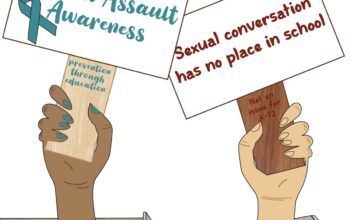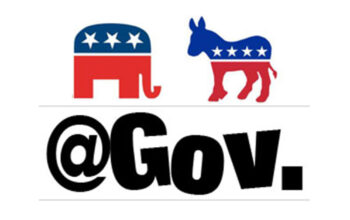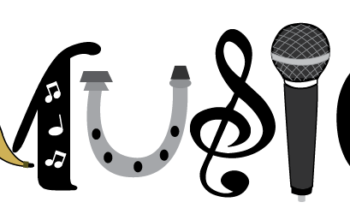On October 6th, NCHS hosted the Names Can Hurt assembly to address and combat bullying. The message of the assembly was clear: the administration hopes to see a movement away from the exclusivity and cruelty which can characterize social interactions. Likewise, Principal Tony Pavia hopes to see an increase in “sportsmanship, school unity, and inclusivity” during Spirit Week. While the “Names” assembly and encouragement of Mr. Pavia are necessary steps towards the elimination of bullying, actions on the part of the faculty alone will not suffice. Should we hope to end harassment at NCHS, students must do two things: differentiate between meanness and bullying, and begin to deviate from the language of political correctness to allow for a candid discussion of the issue.
Meanness and bullying are not synonymous. Meanness can take many forms—gossip, teasing, insults—all of which are common elements of the high school experience. While unknindess cannot be rightfully condoned, it can ultimately be overcome. In contrast, bullying is a repeated and intentionally malicious series of actions intended to directly harm an individual. The problem is that “bullying” and “bully” have become labels far too easy to attribute to typical high school meanness. In failing to note the difference between the two, we belittle the valid problem of legitimate bullying.
Further, in loosely defining “bullying” we allow for the creation of a “culture of victimhood” in which unfortunate individuals subjected to normal unkindness believe that they are bullied. Though most teenagers wish to be free from adult authority, they often turn to adult intervention when confronted with opposition. The involvement of adults has the potential to result in serious consequences. In an attempt to protect themselves from these consequences, students resort to issuing only politically correct statements which do not incriminate them in any way. By attempting to avoid blame, we only ensure that the issue of bullying will never be openly addressed. The political correctness demanded by our society can also make adults seem somewhat inaccessible, which then leaves bullying victims without the requisite confidence to actually seek outside help when it is needed.
The language of political correctness, which aims to avoid any hurt feelings, is also an issue. It is well intended, but in some cases has been taken so far as to undermine itself. Many attendees of the Names Can Hurt assembly, for example, were reluctant to tell friends and peers about the speakers’ testimonies with the rationale that it would be mean or inappropriate to do so. In trying to be nice all of the time, we have made it nearly impossible to address the real issues. Since they aren’t easily talked about, these issues—legitimate hostilities—have been made untouchable. We need to discuss these things frankly and openly.
The administration and faculty are doing what they can to combat bulling at NCHS. Real progress, however, is impossible without the sincere effort of the student body. Only when we become earnestly dedicated to combating bullying will it be possible to overcome the political correctness which currently hinders progression. There are no excuses—we are capable of discussing bullying candidly without the involvement of the administration. This necessary progress, begun in the small discussion groups at the Names Can Hurt assembly which provided an open forum for students to talk with each other, can be accomplished through student leadership and student unity. In order to move in the direction that the assembly and the administration have encouraged—the right direction—we need to make a conscious effort to be mature and confront these issues together. Spirit Week is the perfect time to start. Exposure to unkindness is a natural part of the high school experience, but if we can openly discuss and actively oppose harassment, bullying doesn’t have to be.




